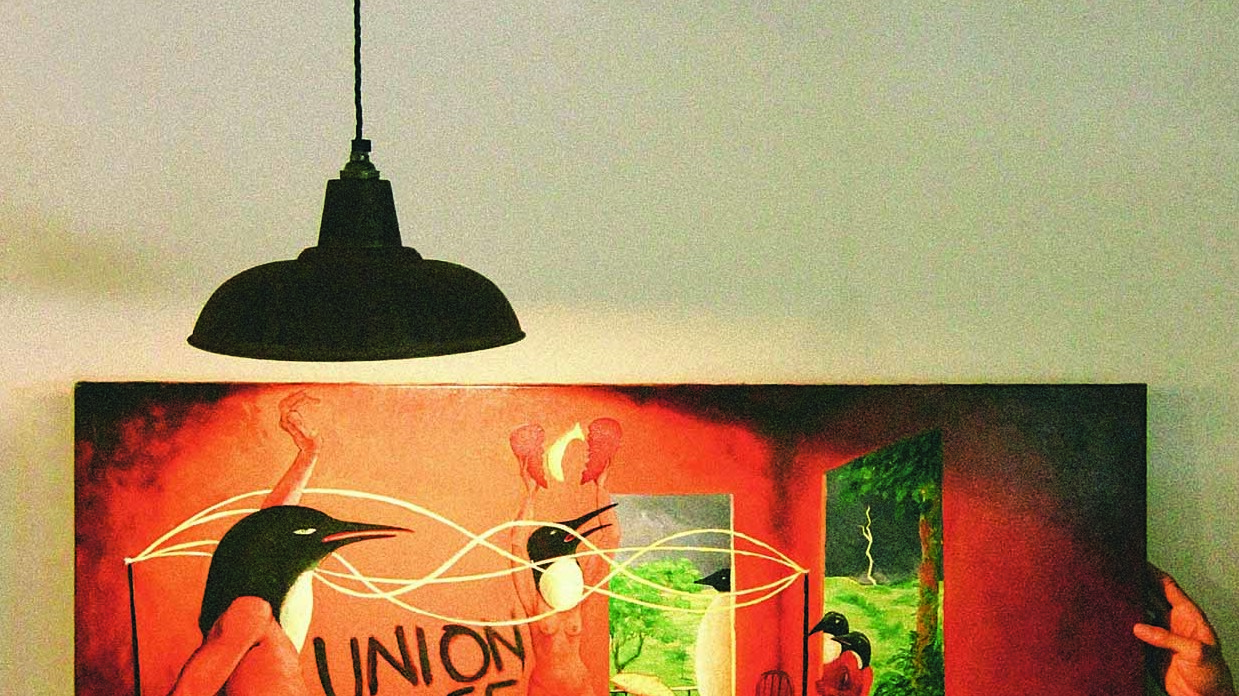You can trust Louder
The brainchild of composer and multi-instrumentalist Simon Jeffes, the Penguin Café Orchestra’s music was first released on Music From The Penguin Café on Brian Eno’s Obscure label in 1976, a haven for the era’s avant garde oddities. Jeffes was disillusioned with both rock and classical music, but the group’s music wasn’t really avant garde either. His vision was, though, both largely undemonstrative and highly original and Union Café was the culmination of his career, which was cruelly curtailed by his death in 1997. It’s full of tunes that you can whistle, but they are typically framed in idiosyncratic arrangements that border on the eccentric.
A puckish wit was also involved. Scherzo And Trio sounds like a sort of chamber ensemble boogie-woogie with strings and parping trombone, which runs through some odd key changes. Discover America starts off with a stately string quartet playing an amalgam of When The Saints Go Marching In and Home On The Range. Then see-sawing cellos usher in the melody of Johnny & The Hurricanes’ 1959 hit single Red River Rock, which is, in turn, played simultaneously with first two themes, each forming a perfectly fitting counterpoint. Vega is a much more serious creation. A seesawing Philip Glass-like piano motif runs through most of its 10-minute span with some lovely melodic explorations on brass and strings and occasional dark downturns in mood.
The music often exists in a curious area that overlaps with minimalism and hints at all kinds of traditional forms, but with everything viewed from a new angle, as on the perpetual motion echoed guitar and accordion of Yodel 3 and the uillean pipes and strings of Organum.
There’s also greater use of strings here than before and their luminous arrangement on Lie Back And Think Of England puts it stylistically somewhere between Arvo Pärt and Vaughan Williams.
Sign up below to get the latest from Prog, plus exclusive special offers, direct to your inbox!
Mike Barnes is the author of Captain Beefheart - The Biography (Omnibus Press, 2011) and A New Day Yesterday: UK Progressive Rock & the 1970s (2020). He was a regular contributor to Select magazine and his work regularly appears in Prog, Mojo and Wire. He also plays the drums.


